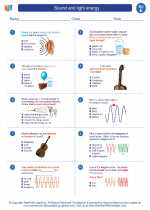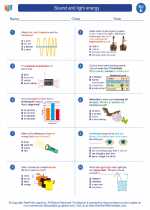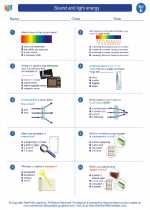Sound and light energy -> excretion
Organs Involved in Excretion
The main organs involved in excretion include the kidneys, liver, lungs, and skin.
Kidneys
The kidneys are responsible for filtering waste products and excess substances from the blood to form urine. They also help regulate the balance of water, electrolytes, and acids in the body.
Liver
The liver plays a key role in excretion by processing and eliminating drugs, toxins, and metabolic waste products. It also produces bile, which helps in the excretion of waste products from the body.
Lungs
The lungs excrete carbon dioxide, a waste product of cellular respiration, during the process of breathing.
Skin
The skin excretes sweat, which contains water, salts, and small amounts of urea. Sweating helps regulate body temperature and removes certain waste products from the body.
Importance of Excretion
Excretion is essential for maintaining the internal balance of the body and preventing the accumulation of harmful substances. It helps remove metabolic waste products, toxins, and excess substances that could otherwise disrupt the normal functioning of the body's systems.
Study Tips
- Understand the functions of the kidneys, liver, lungs, and skin in excretion.
- Learn about the filtration and reabsorption processes that occur in the kidneys.
- Explore the role of enzymes and bile in the excretory functions of the liver.
- Understand the process of respiration and the excretion of carbon dioxide by the lungs.
- Study the structure and functions of the skin in excreting waste products through sweat.
- Practice identifying and categorizing waste products excreted by different organs.
◂Science Worksheets and Study Guides Fifth Grade. Sound and light energy

 Activity Lesson
Activity Lesson
 Worksheet/Answer key
Worksheet/Answer key
 Worksheet/Answer key
Worksheet/Answer key
 Worksheet/Answer key
Worksheet/Answer key
 Worksheet/Answer key
Worksheet/Answer key
 Vocabulary/Answer key
Vocabulary/Answer key
 Vocabulary/Answer key
Vocabulary/Answer key
